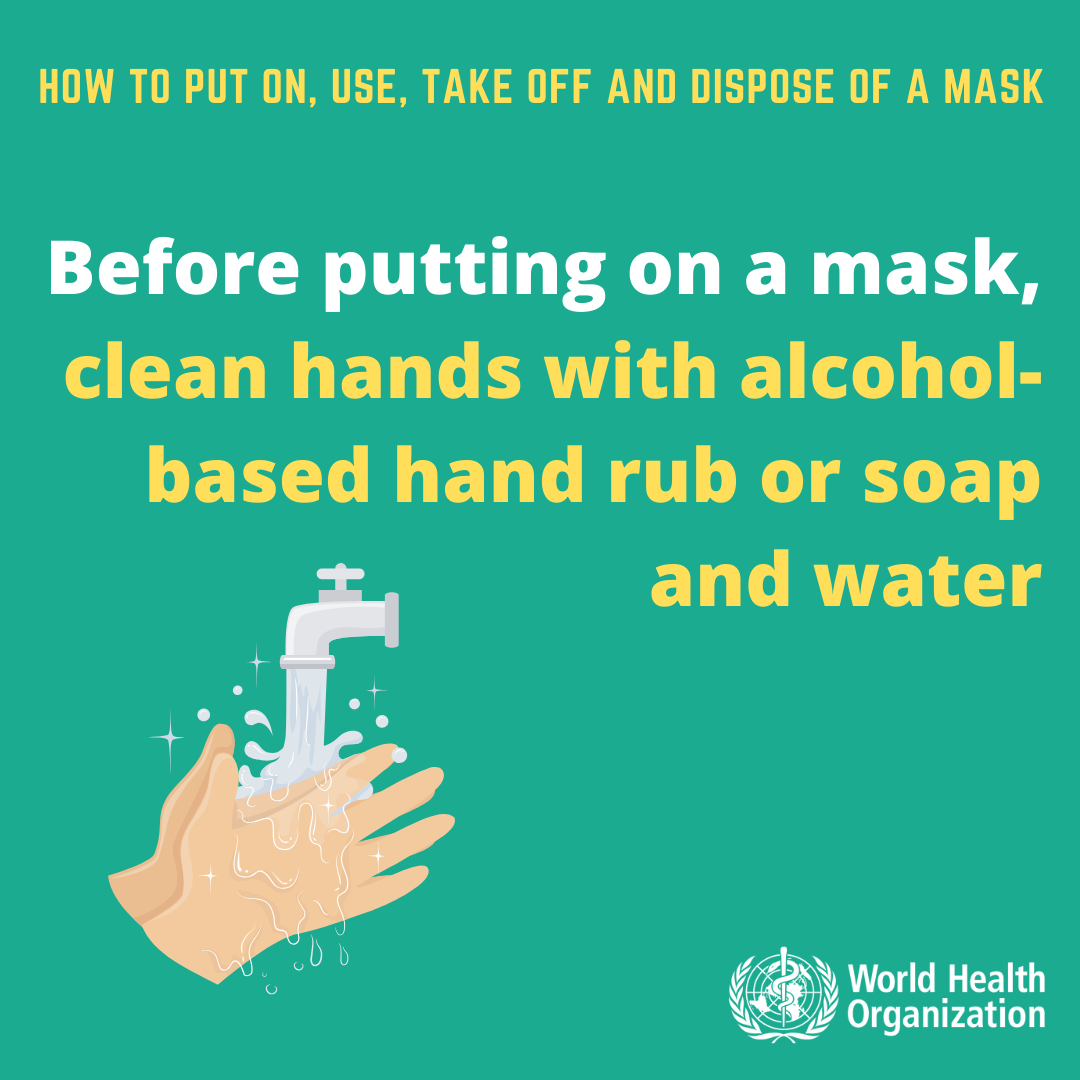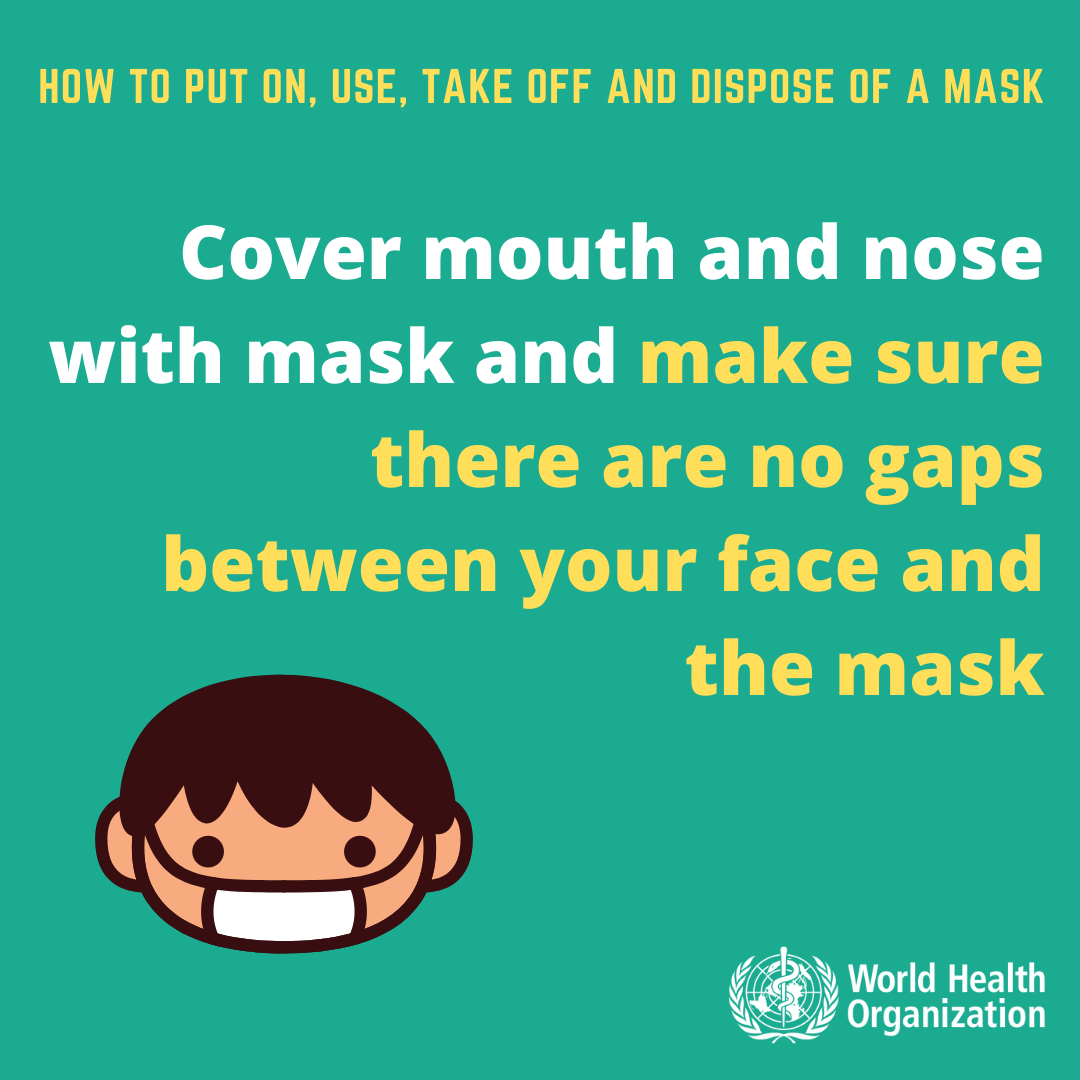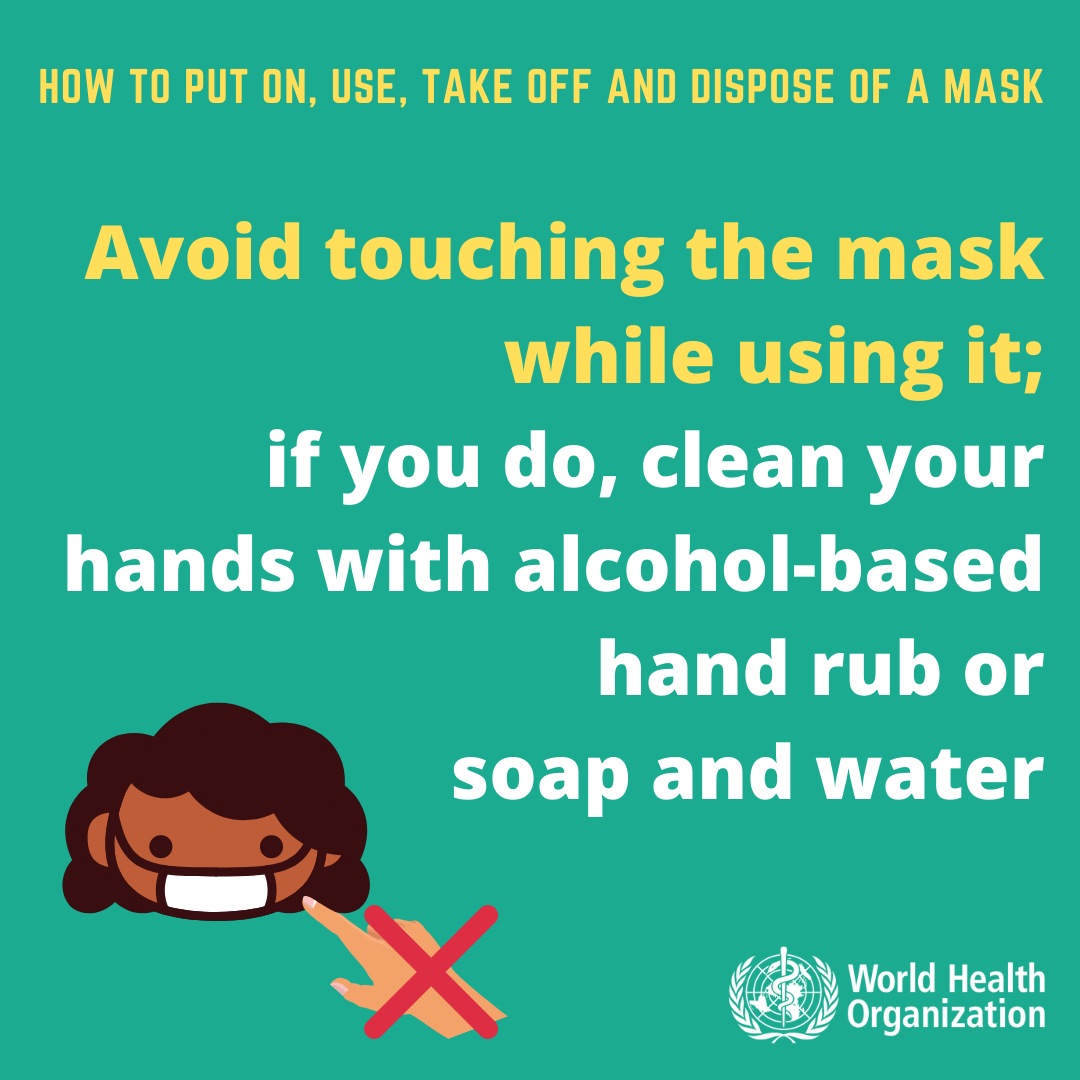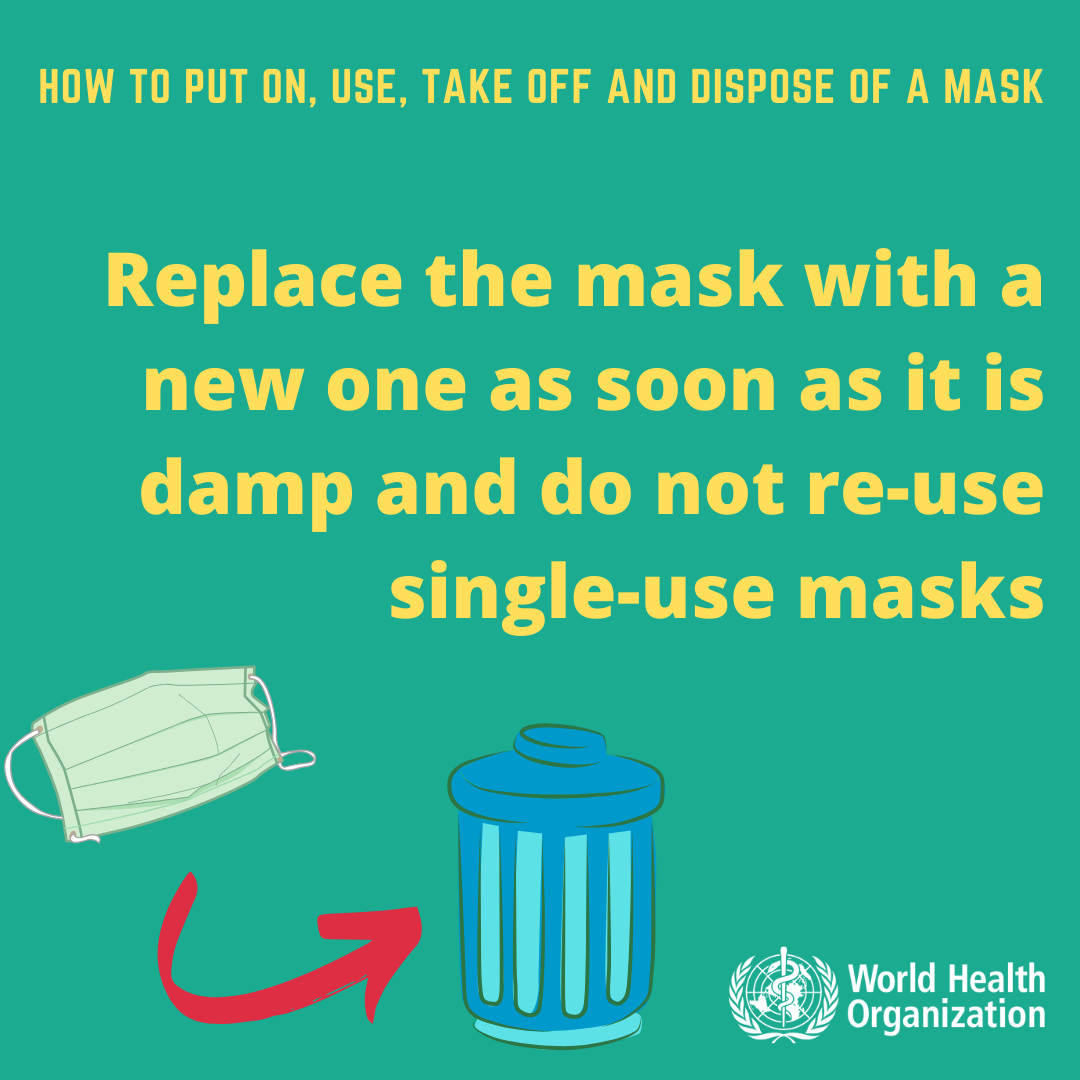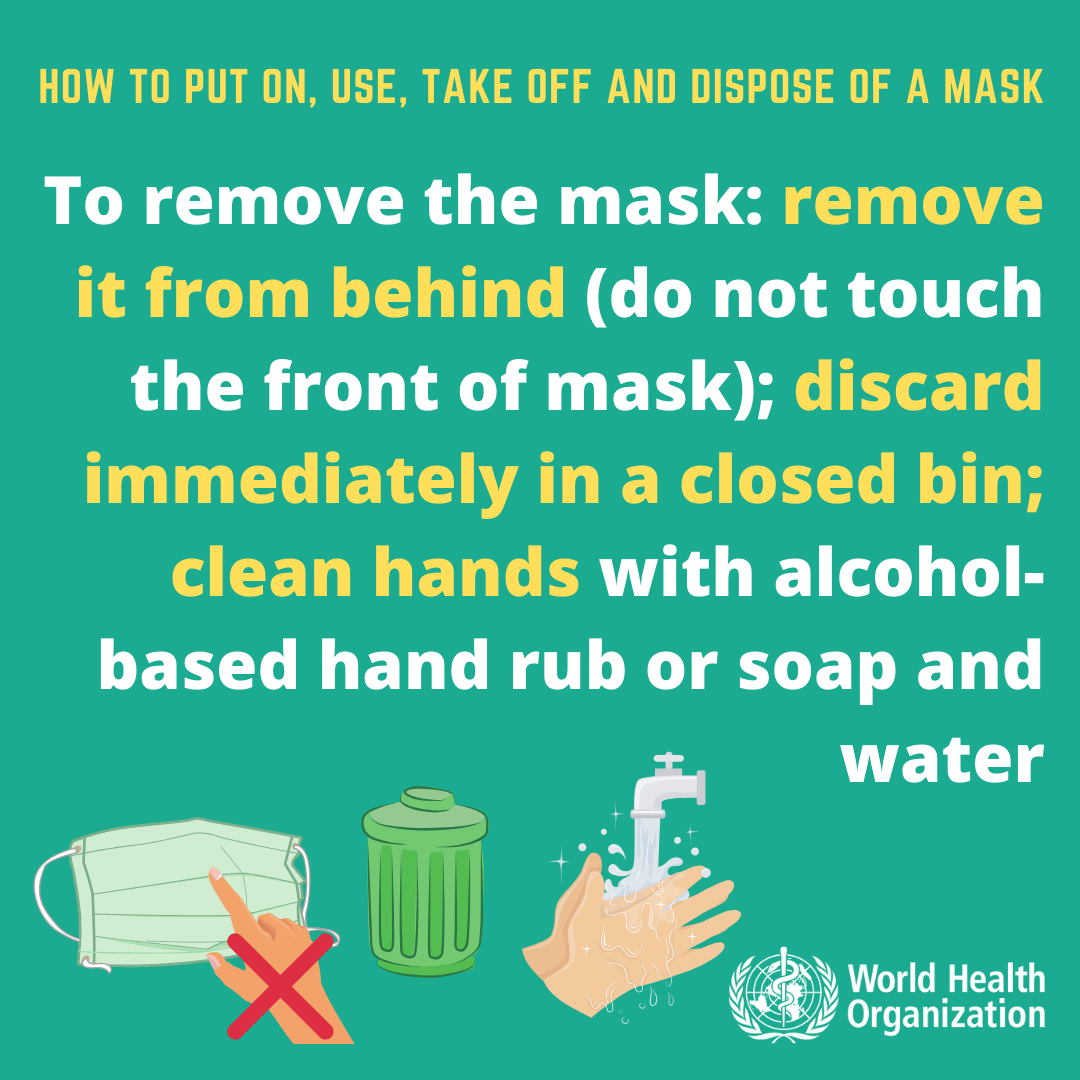When and how to use masks?
- If you are healthy, you only need to wear a mask if you are taking care of a person with suspected 2019-nCoV infection.
- Wear a mask if you are coughing or sneezing.
- Masks are effective only when used in combination with frequent hand-cleaning with alcohol-based hand rub or soap and water.
- If you wear a mask, then you must know how to use it and dispose of it properly.
Basic protective measures against the new coronavirus:
1. Wash your hands frequently
Wash your hands frequently with soap and water or use an alcohol-based hand rub if your hands are not visibly dirty.
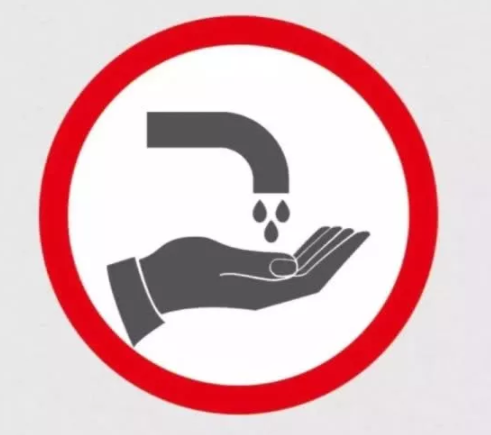
2. Practice respiratory hygiene
When coughing and sneezing, cover mouth and nose with flexed elbow or tissue – discard tissue immediately into a closed bin and clean your hands with alcohol-based hand rub or soap and water.
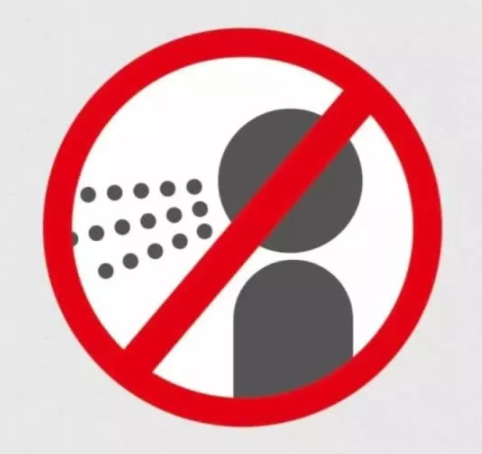
3. Maintain social distancing
Maintain at least 1 metre (3 feet) distance between yourself and other people, particularly those who are coughing, sneezing and have a fever.
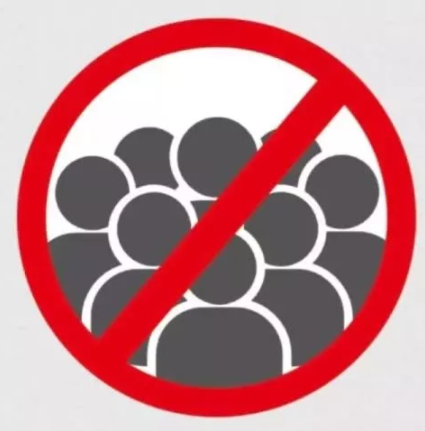
4. Avoid touching eyes, nose and mouth
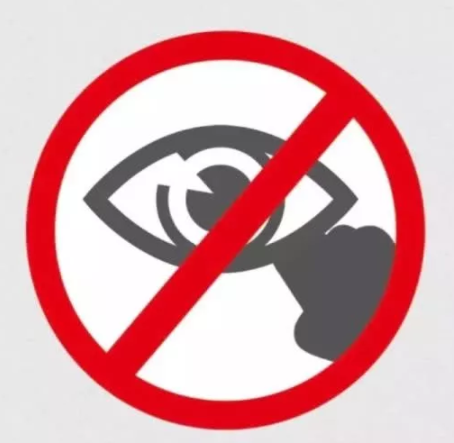
As a general precaution, practice general hygiene measures when visiting live animal markets, wet markets or animal product markets
Ensure regular hand washing with soap and potable water after touching animals and animal products; avoid touching eyes, nose or mouth with hands; and avoid contact with sick animals or spoiled animal products. Strictly avoid any contact with other animals in the market (e.g., stray cats and dogs, rodents, birds, bats). Avoid contact with potentially contaminated animal waste or fluids on the soil or structures of shops and market facilities.
Avoid consumption of raw or undercooked animal products
Handle raw meat, milk or animal organs with care, to avoid cross-contamination with uncooked foods, as per good food safety practices.
Post time: Feb-11-2020

